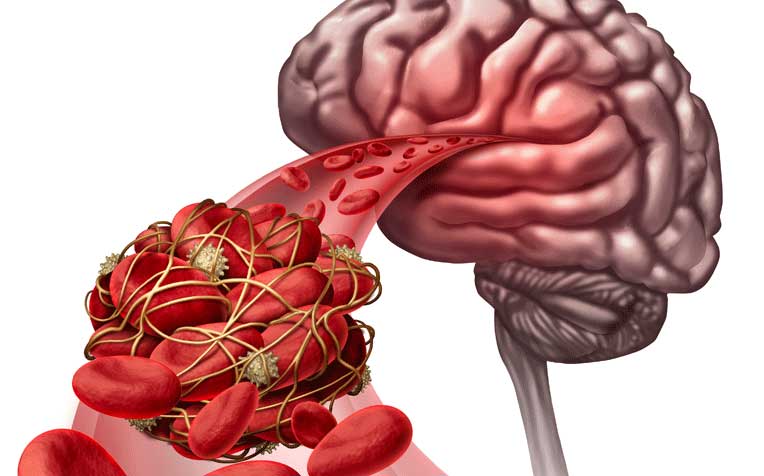
Deep vein thrombosis can become a serious problem if the blood clot travels to your lungs.
If your work requires you to fly to other countries or even continents on a regular basis, you should be aware that your frequent flyer lifestyle comes with certain health risks.
“Crossing multiple time zones and spending long hours in a plane could subject your body to deep vein thrombosis, jet lag, and other health complications,” says Dr Limin Wijaya, Senior Consultant at the Travel Clinic, and Department of Infectious Diseases, Singapore General Hospital (SGH), a member of the SingHealth group.
“Fortunately, many of these risks can be mitigated with proper planning,” adds Dr Wijaya.
Health risks that affect frequent flyers and how to prevent them
Deep vein thrombosis (DVT) or economy class syndrome
It is not so much where you are, but what you do, that affects your body’s blood clotting system.
Sitting for long periods, rather than the plane cabin environment, can increase your chances of developing a blood clot in one of your thighs or calves. This condition, known as deep vein thrombosis (DVT), can result in muscle pain, swelling, tenderness and redness around the affected areas.
Deep vein thrombosis can become a serious health risk if the blood clot travels to your lungs. Once lodged in a lung, the blood clot can cause chest pains and make it hard for you to breathe. In extreme cases, this may lead to death within days or even hours.
How to prevent deep vein thrombosis
To prevent deep vein thrombosis, you must find ways to improve your blood circulation before and during the flight.
Wear comfortable socks: Before the flight, you may put on travel compression socks as they can assist with blood flow and prevent blood clotting. Alternatively, avoid wearing tight socks or stockings.
Move around: When the plane is in cruising mode, get out of your seat and walk up the aisle every hour or two. Take the opportunity to go to the bathroom, stretch your calves and wiggle your toes. Consider requesting for an aisle seat so you can move about more easily.
Drink water: Avoid alcoholic or caffeinated beverages that are dehydrating and drink plenty of water instead.
Read on for more health hazards that affect frequent flyers and tips on how to prevent them.
Ref: Q15
Contributed by
Related Articles
Public Events
Get the Health Buddy App
© 2025 SingHealth Group. All Rights Reserved.
















 Get it on Google Play
Get it on Google Play